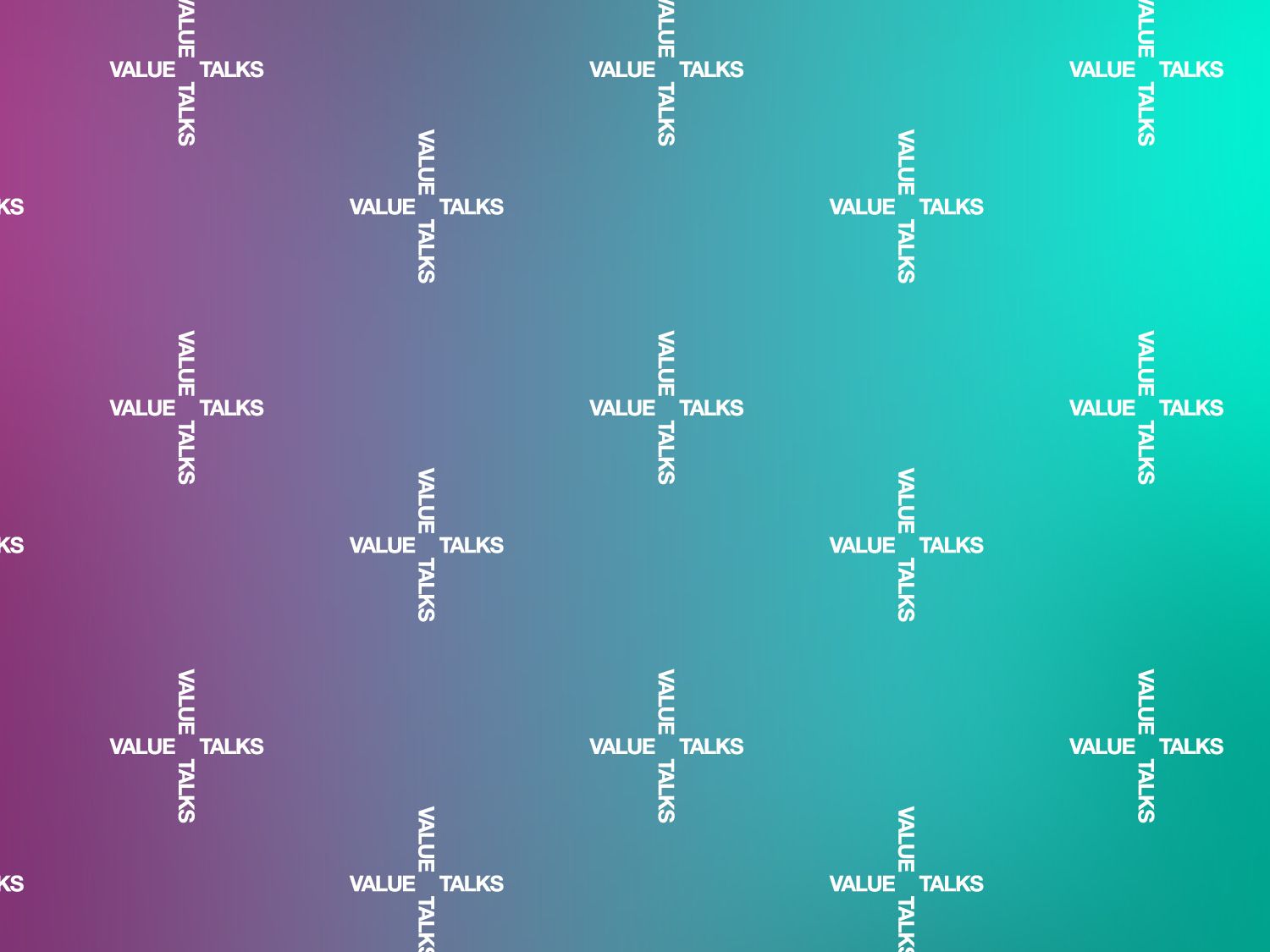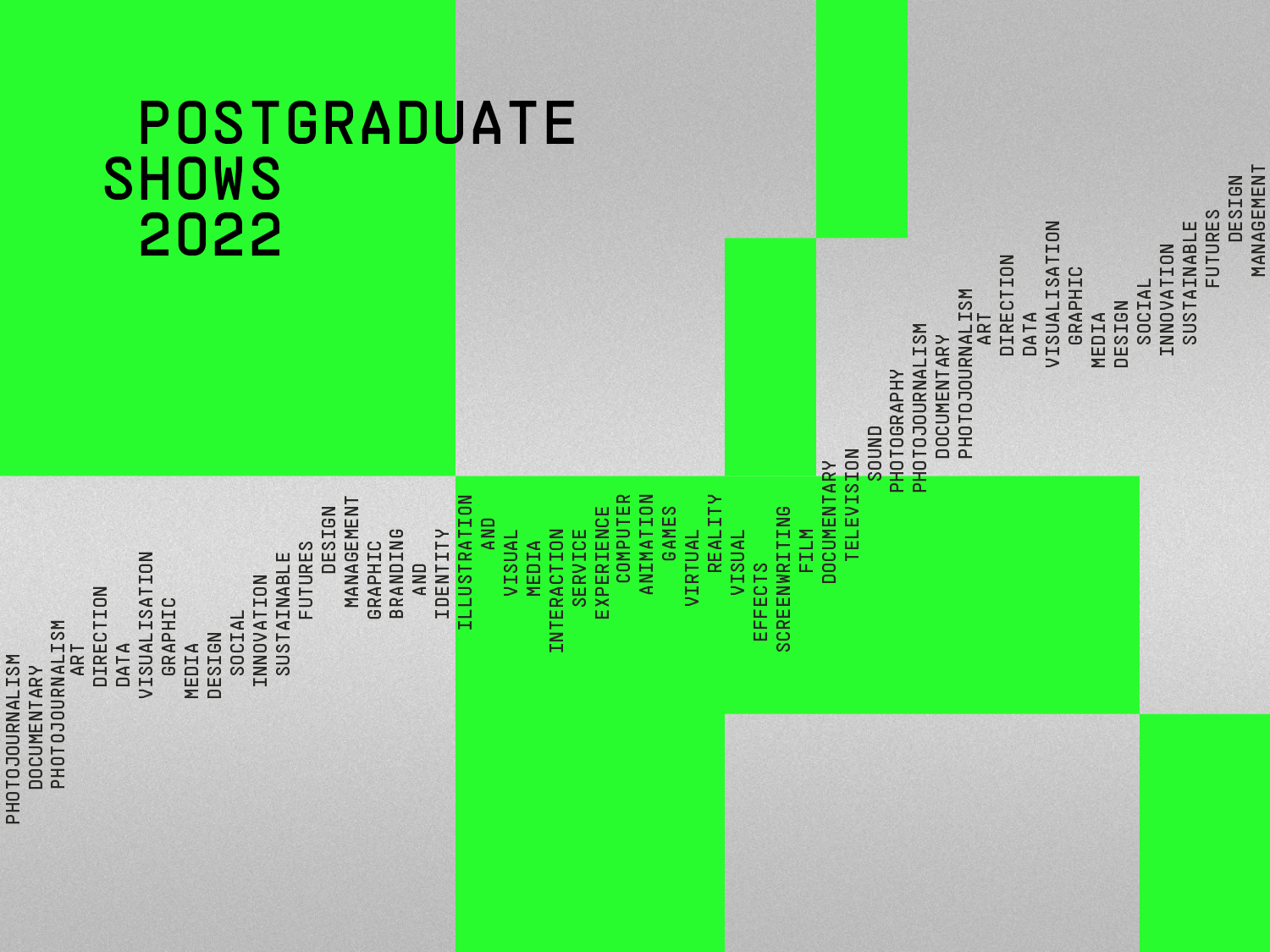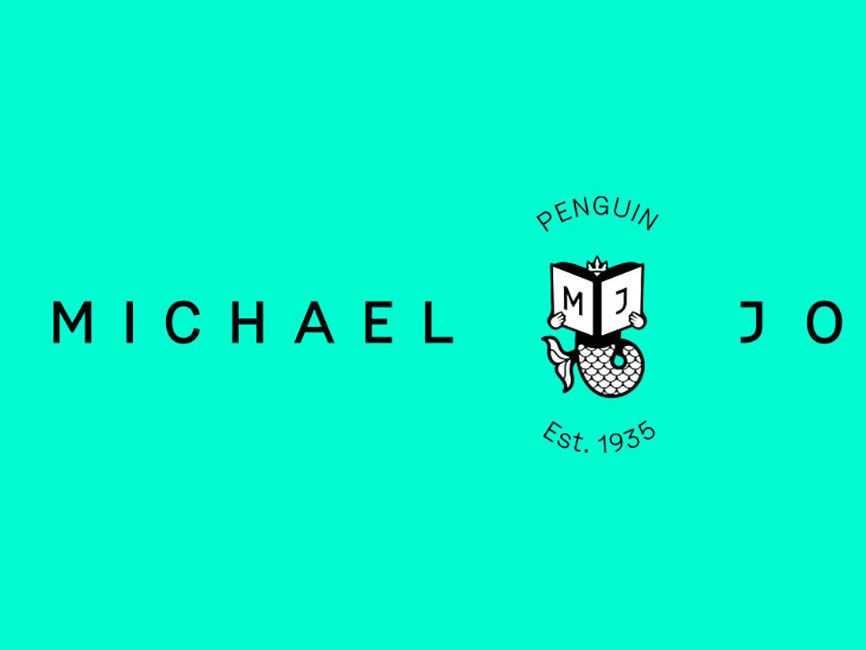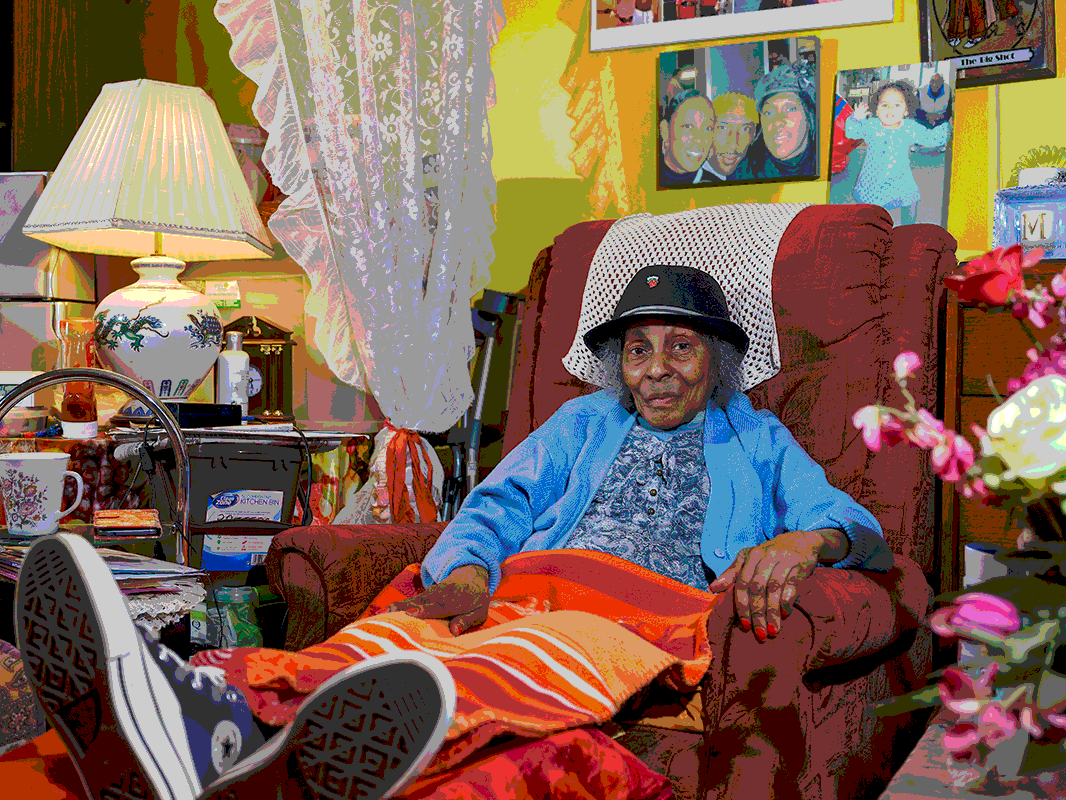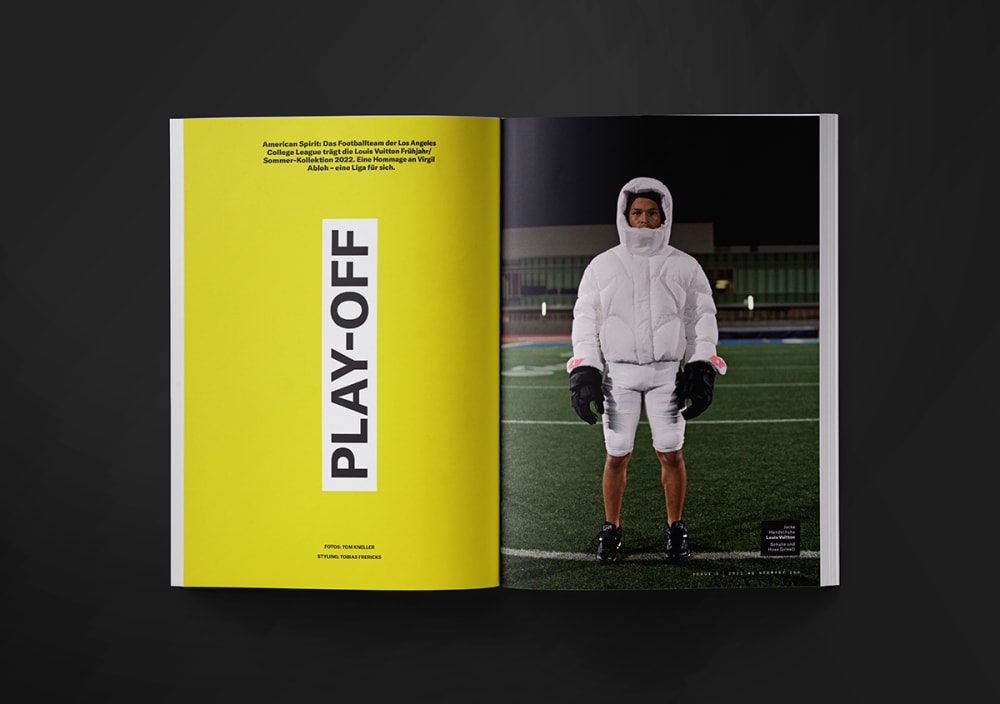
Graduate Voices: Audrey Solomon
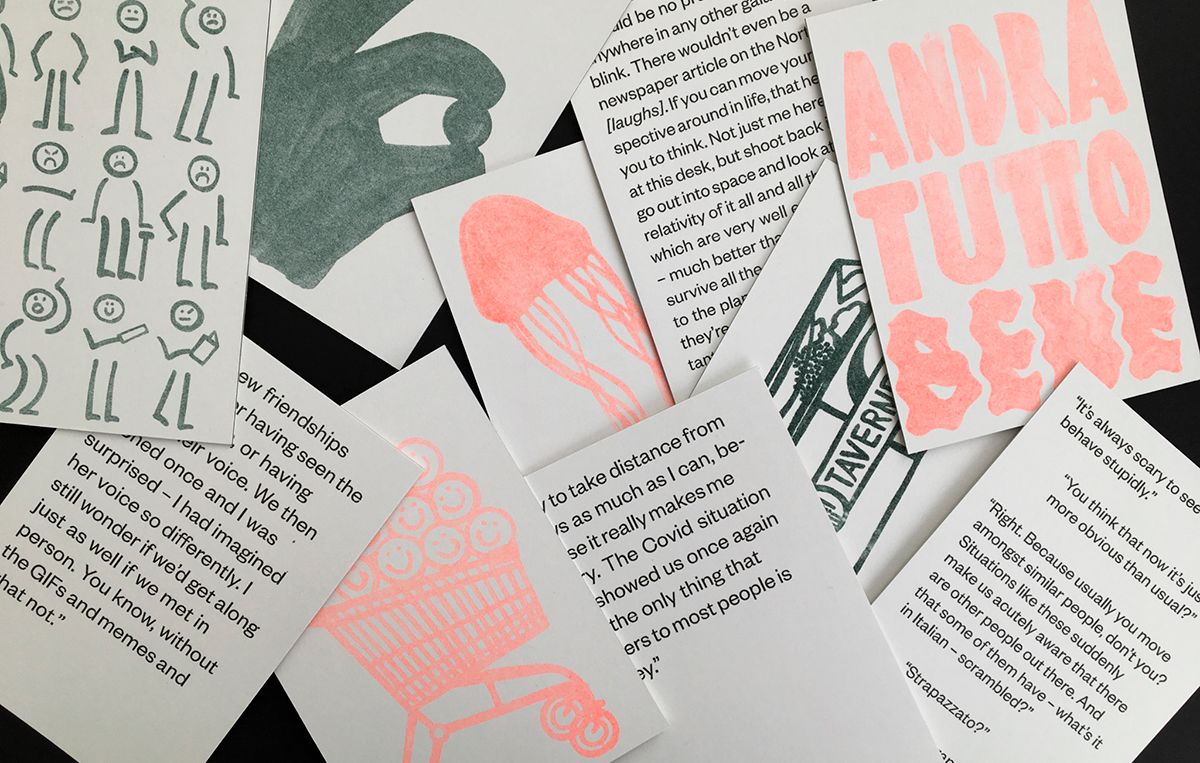
- Written byChloe Murphy
- Published date 20 January 2023

Gaining a holistic and critical understanding of the publishing landscape is crucial to carving out your own space - and your future - within it.
Combining a range of theoretical and practical approaches, MA Publishing at London College of Communication (LCC) supports students to develop the creative and critical skills they need to forge careers within the dynamic media industries.
With a focus on mastering how content is commissioned, designed and produced across print and digital media, the course offers opportunities to gain practical experience of multi-platform publishing through project-based working.
Exploring creative content development and audience engagement strategies, students also have opportunities to connect with leading industry figures through guest lectures and initiatives such as the Penguin Industry Mentoring programme.
Ultimately, MA Publishing graduates progress to roles across publishing, media and communications services, brands and creative agencies, where they work in areas ranging from editorial, rights and marketing to design and production. They might also become digital producers in established publishing houses, online content editors for global magazines, or digital marketers for new media companies.
Alternatively, some might use their transferable skills to build careers within the public or not-for-profit sectors, while others build their own micro-businesses as become entrepreneurs or launch their own freelance careers.
Audrey Solomon
Audrey Solomon graduated from MA Publishing in 2021.
Originally from Switzerland, Audrey studied Visual Communication and Product Design in Bolzano, Italy, and has since worked as an art director, graphic designer and research assistant at small scale publishers and studios specialising in exhibitions, art and design, and photography.
Audrey is now based in Munich, where she works in graphic design and art production for Condé Nast Germany, and is also the designer of Motor Dance Journal, which launched in November 2022.
We chatted to Audrey about the symbiosis between publishing and design practices, learning to channel your creativity through workshops and processes, and the role of curiosity in creativity.

Tell us about your creative practice.
To be honest, I don’t have a specific practice – my approach is more like a checklist. I tackle every project differently, with new eyes, and by allowing the process to unfold as naturally as possible using different techniques. Sometimes projects are very complex and conceptual, and involve a lot of preparation before execution. Other times, projects will just take 2 days, and it’s all about the ‘doing’ because the initial ‘gathering’ goes smoothly.
Whatever level of complexity, technique or amount of action that a project needs, for me, the most important things to think about are the questions I constantly ask myself during the development process: Does the output make sense in its context? Is the quality I desire sufficient? Is the client (or me, if it’s a personal project) satisfied with the output? What impact and consequences does this project have on our world?
That’s not to say I always answer these questions positively, but they help me to learn from each project and progress further with the next.
Have you always wanted to explore the field of publishing, or is this something you moved towards over time?
I slipped into publishing at my first internship during my BA – I fell in love with it, and have never really left since.
However, as a graphic designer, I also work outside of publishing to make sure my skills are applicable to a wide array of projects, which also helps me to bring more into my publishing practice.
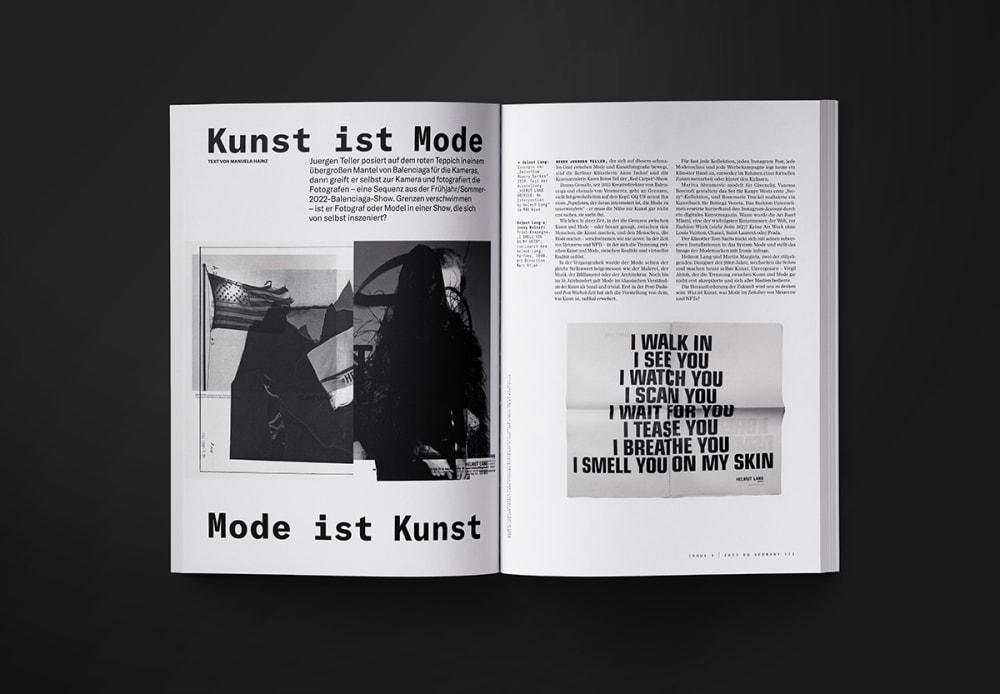
Why did you decide to apply to MA Publishing at LCC?
The decision to study for an MA came after my decision to move to London. It’s a city I’ve always loved and wanted to live in, especially as it's a hub for the publishing industry.
My urge to study for an MA in Publishing specially came from a desire to learn more about the field I was working in, and the LCC course was the most appealing thanks to its curriculum and the facilities available at the College.
What major projects did you work on throughout your course?
I remember 3 main projects in particular:
The Collaborative Project, in which we produced an entire magazine as a group. It was very challenging to complete in a such short time-frame, but it was also very satisfying and offered a good opportunity to practice our skills.
The Content Project involved creating a magazine proposal and also producing something. I really enjoyed the theoretical and market-specific approach of the proposal along with the hands-on approach of creating in the LCC workshops.
My Final Major Project focused on the more theoretical side of sustainability within magazine production. Coming from a practical artistic background, this was very new to me, but I learnt so much and could finally delve deep into the topic of sustainability, which I’m really passionate about.
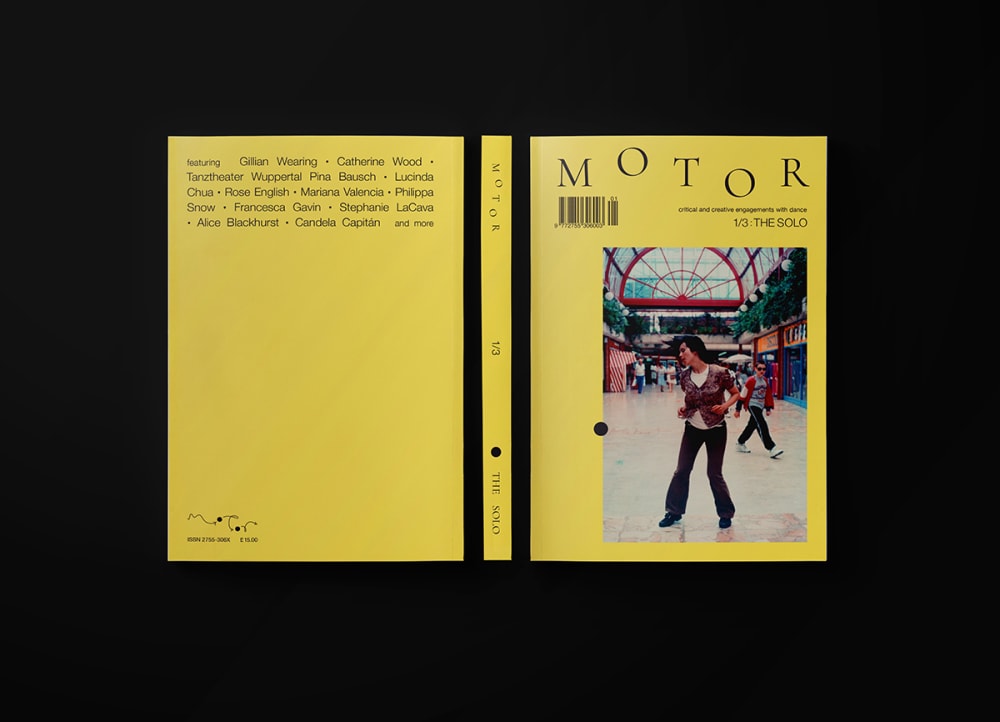
What did you most enjoy about your time at LCC?
I enjoyed the holistic approach of my course the most: just learning stuff completely outside of my comfort zone. This enabled me to explore new interests while getting a much better perspective of the publishing industry as a whole.
I also enjoyed collaborating with people from very different backgrounds – again, learning a lot through exchange - and of course absolutely loved the workshops which I miss a lot. I actually spent as much time as possible there, which were spaces I’d already cherished during my BA. The technicians across UAL are just so incredibly supportive and helpful that you just enjoy being there - even when you’re still learning to use the tools.
Overall, I think my highlights of being an LCC student were things like having the opportunity to live in London and making friends from all over the world, as well as learning from our fabulous tutors, who I’m still in contact with today.
What have you been up to since graduation?
I’ve been working at in art production, and at Condé Nast Germany (specifically for GQ) as a graphic designer. My role covers a wide array of tasks, from layout-ing, creating concepts for shoots, and content production all the way up to managing and coordinating the art production stages until the magazine is off to print, as well as curating the GQ brand across various assets and departments. This obviously happens in collaboration with our local team, as well as our global art production team.
Besides this, I was approached by the 2 wonderful editors of Motor Dance Journal to help them give shape to all the incredible content they had been collecting for a print magazine, the idea for which all started with a conference they'd hosted which featured a really impressive line-up.
I knew one of the editors through my previous work at another publisher, where we’d worked together on image and story research for over 2 years. We already knew we got along well, and I really loved the concept of an independent journal about dance, so naturally, I jumped at the idea.
Working at a distance over the course of 2 years, we finally launched in November.
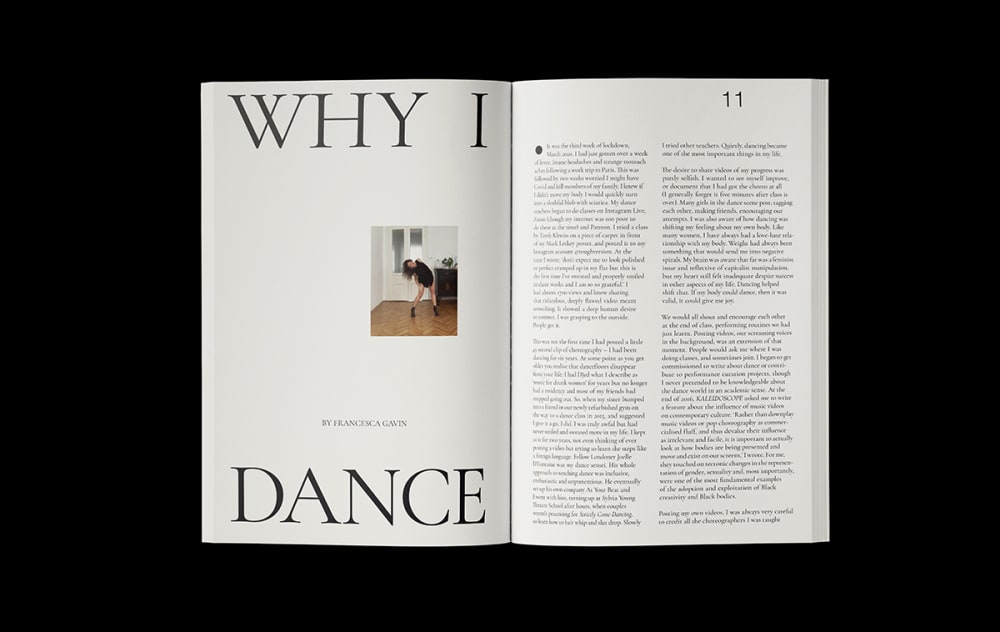
How did MA Publishing prepare you for the next step in your career?
I learned that the more you understand about your field, the better you are in any work environment - especially publishing, which is highly collaborative.
I feel that the knowledge I’ve gained and my overall experience on the MA has helped me to understand a lot more about other roles I work with on a daily basis. It also gave me a much clearer idea of the direction I want to go in, having opened up possibilities that I hadn’t really considered before such as sustainability and magazines.
What are your tips for prospective students who might be interested in exploring the world of publishing?
My advice would be to really make the most out of the course - don’t be shy, try out everything and network, network, network.
Also, stay open and curious: publishing is a huge world that expands beyond our ‘classic’ notion of books and magazines. There are so many interesting and emerging fields to explore that you could also potentially end up working in.
Related links:
- Explore more of Audrey's work on her website.
- Find out more about Motor Dance Journal.
- Learn more about our MA Publishing course.
